Our team
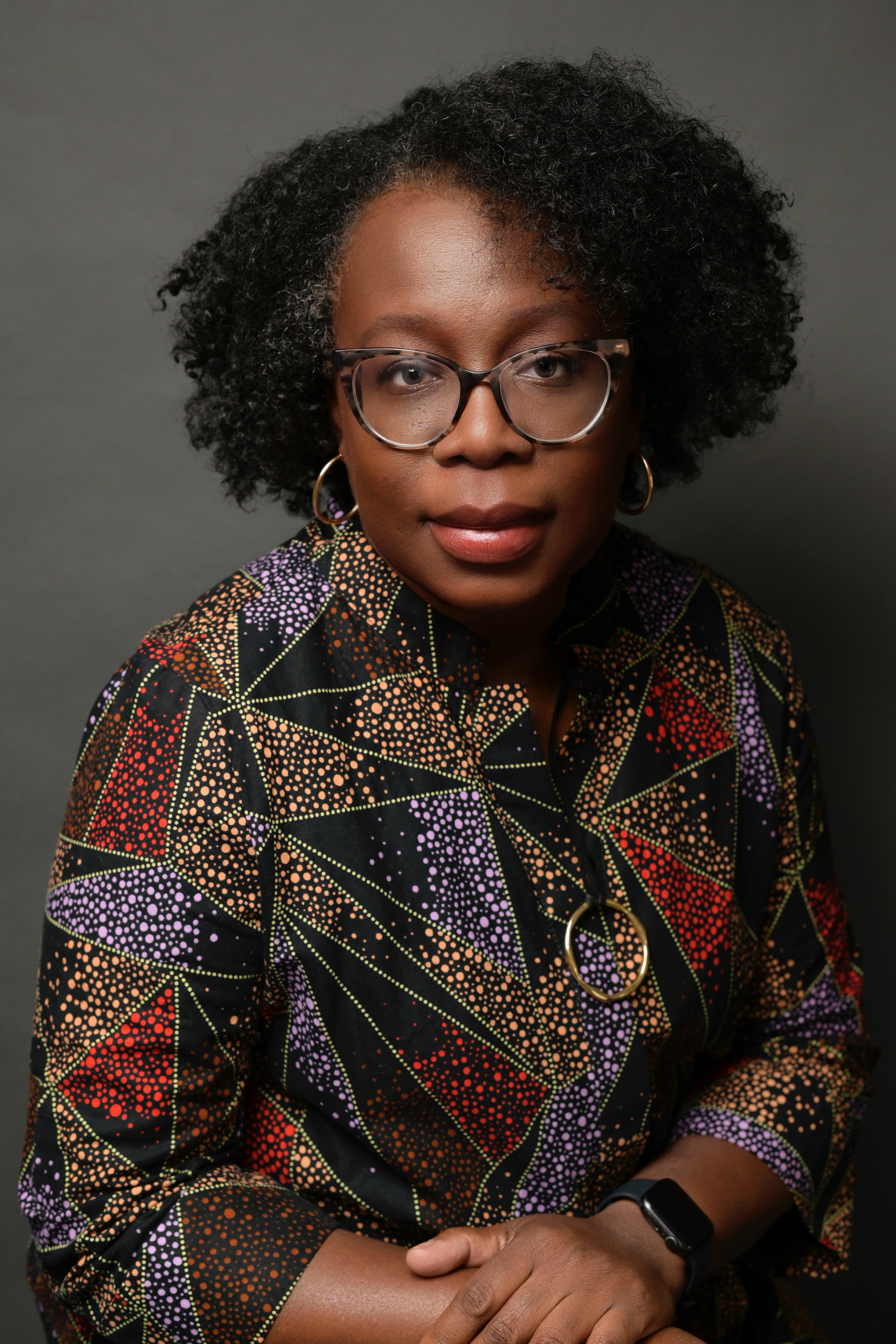 Hayley S. Thompson, Ph.D., is the Director of CHECK-UP and a professor in the Department of Oncology at Wayne State University and the Associate Center Director for Community Outreach and Engagement at the Karmanos Cancer Institute (KCI), an NCI-designated comprehensive cancer center. In this role, she established KCI's Office of Community Outreach and Engagement (COE) and serves as its faculty supervisor. She is also founding director of the emerging Wayne State University Center for Health Equity and Community Knowledge in Urban Populations (CHECK-UP). She is a clinical psychologist whose research addresses racial and ethnic disparities in cancer care and outcomes. Her primary focus is community-based intervention research, including investigations of cancer survivorship. She has received funding from the National Cancer Institute, the American Cancer Society, the National Heart, Lung, and Blood Institute, the Agency for Healthcare Research and Quality, the Patient-Centered Outcomes and Research Institute, and other agencies and foundations. She is currently a co-principal investigator on the NCI-funded African American Resilience in Surviving Cancer (ARISE) Study. Her research also addresses sociocultural assessment in diverse populations. She led the development of the Group-Based Medical Mistrust Scale (GBMMS), widely used in health disparities research, administered in over 100 published, peer-reviewed studies. She currently directs Michigan Cancer HealthLink, a community-academic partnership to build research capacity in diverse communities within Karmanos Cancer Institute's 46-county catchment area with 150 community members involved in contributing to Karmanos' research agenda. She is also Director of the Community Health Scholars Program within CHECK-UP, designed to support metro Detroit residents in building and applying research skills. Learn more about Dr. Thompson here.
Hayley S. Thompson, Ph.D., is the Director of CHECK-UP and a professor in the Department of Oncology at Wayne State University and the Associate Center Director for Community Outreach and Engagement at the Karmanos Cancer Institute (KCI), an NCI-designated comprehensive cancer center. In this role, she established KCI's Office of Community Outreach and Engagement (COE) and serves as its faculty supervisor. She is also founding director of the emerging Wayne State University Center for Health Equity and Community Knowledge in Urban Populations (CHECK-UP). She is a clinical psychologist whose research addresses racial and ethnic disparities in cancer care and outcomes. Her primary focus is community-based intervention research, including investigations of cancer survivorship. She has received funding from the National Cancer Institute, the American Cancer Society, the National Heart, Lung, and Blood Institute, the Agency for Healthcare Research and Quality, the Patient-Centered Outcomes and Research Institute, and other agencies and foundations. She is currently a co-principal investigator on the NCI-funded African American Resilience in Surviving Cancer (ARISE) Study. Her research also addresses sociocultural assessment in diverse populations. She led the development of the Group-Based Medical Mistrust Scale (GBMMS), widely used in health disparities research, administered in over 100 published, peer-reviewed studies. She currently directs Michigan Cancer HealthLink, a community-academic partnership to build research capacity in diverse communities within Karmanos Cancer Institute's 46-county catchment area with 150 community members involved in contributing to Karmanos' research agenda. She is also Director of the Community Health Scholars Program within CHECK-UP, designed to support metro Detroit residents in building and applying research skills. Learn more about Dr. Thompson here.
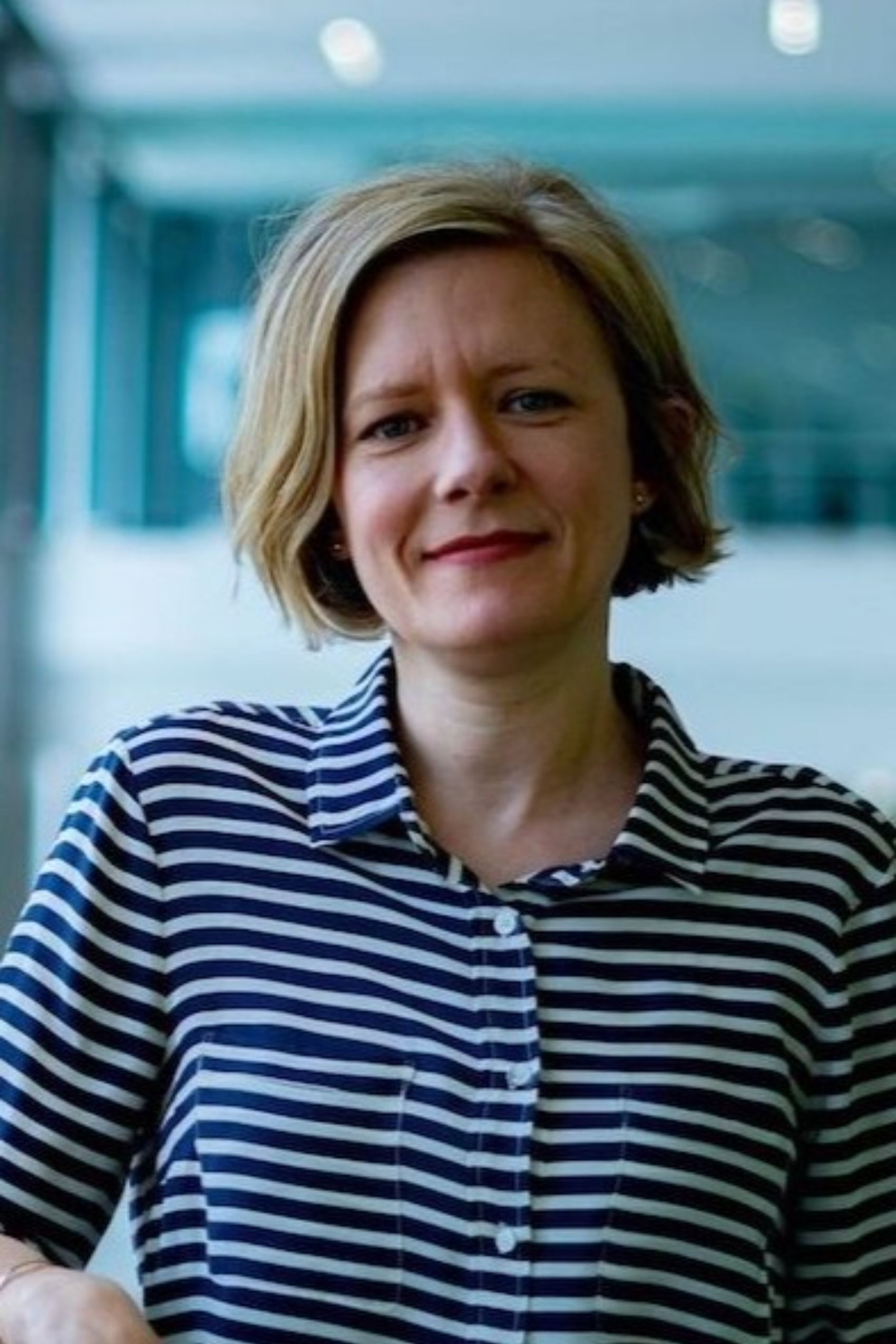 Carrie Leach, Ph.D., M.P.A., is the Co-Director for Community Inclusions of CHECK-UP and an Assistant Professor (Research) at the Institute of Gerontology, Community Engagement Program Manager at the Center for Urban Responses to Environmental Stressors (CURES). Dr. Leach has expertise in health literacy and communication, participatory processes and community-based and aging services delivery and communication. Her work at the IOG has focused on partnering with organizational leaders and community residents to evaluate and examine the needs of more than 5,500 older adults across Michigan to translate findings into actionable improvements in aging and community-based services practice and policy. Dr. Leach has been a leader in community engagement, currently with the Community Engagement Core (CEC) in the NIEHS P30 Center for Urban Responses to Environmental Stressors. CURES community stakeholders and researchers co-construct informational materials aimed at improving environmental health literacy in Detroit. Those efforts resulted in disseminating health-protecting information to more than 5,000 Detroiters through face-to-face interactions and thousands more through print and digital media. Learn more about Dr. Leach here.
Carrie Leach, Ph.D., M.P.A., is the Co-Director for Community Inclusions of CHECK-UP and an Assistant Professor (Research) at the Institute of Gerontology, Community Engagement Program Manager at the Center for Urban Responses to Environmental Stressors (CURES). Dr. Leach has expertise in health literacy and communication, participatory processes and community-based and aging services delivery and communication. Her work at the IOG has focused on partnering with organizational leaders and community residents to evaluate and examine the needs of more than 5,500 older adults across Michigan to translate findings into actionable improvements in aging and community-based services practice and policy. Dr. Leach has been a leader in community engagement, currently with the Community Engagement Core (CEC) in the NIEHS P30 Center for Urban Responses to Environmental Stressors. CURES community stakeholders and researchers co-construct informational materials aimed at improving environmental health literacy in Detroit. Those efforts resulted in disseminating health-protecting information to more than 5,000 Detroiters through face-to-face interactions and thousands more through print and digital media. Learn more about Dr. Leach here.
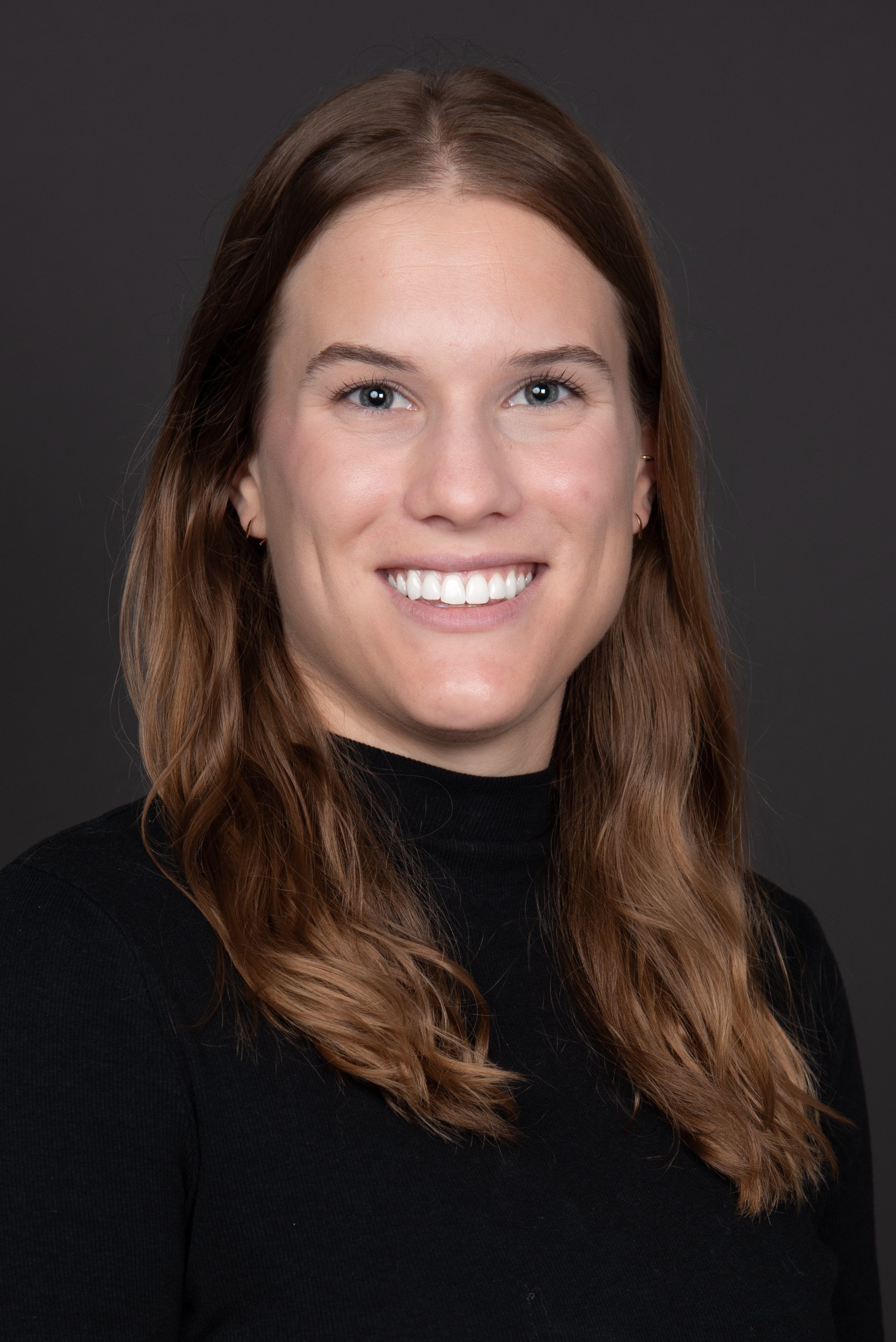 Alex Sass, M.S.W., is the Manager of Research and Operations for CHECK-UP. In this position she supports the CHECK- UP Research Networks as well as the administrative side of CHECK-UP. Alex received her Master of Social Work degree from the University of Michigan. Her graduate training focused on community-engaged research and health disparities. Alex also works as a research assistant under the NIA funded "Recruiting and Retaining Older African Americans into Research" funding the Healthier Black Elders of Flint program.
Alex Sass, M.S.W., is the Manager of Research and Operations for CHECK-UP. In this position she supports the CHECK- UP Research Networks as well as the administrative side of CHECK-UP. Alex received her Master of Social Work degree from the University of Michigan. Her graduate training focused on community-engaged research and health disparities. Alex also works as a research assistant under the NIA funded "Recruiting and Retaining Older African Americans into Research" funding the Healthier Black Elders of Flint program.
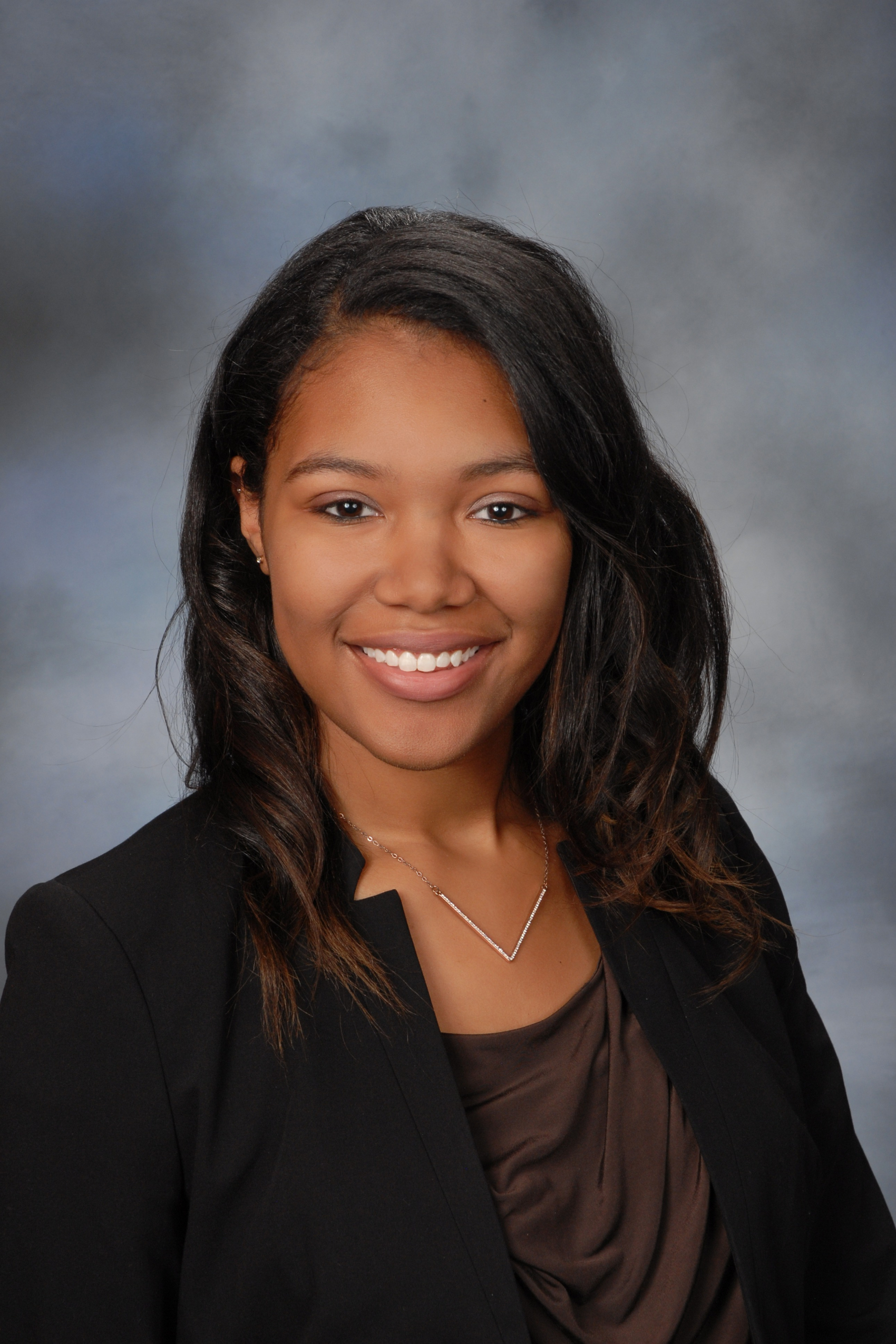 Ten-Niah Kinney, M.P.H., is the Manager of Capacity Building and Training at the Center for Health Equity and Community Knowledge in Urban Populations (CHECK-UP) at Wayne State University. She received her bachelor's degree from Michigan State University in Human Biology and received her Master of Public Health degree from Wayne State University School of Medicine. At WSU, Ten-Niah has worked on several research projects targeting community assessment, developing engagement programming, and methods to improve health outcomes in vulnerable populations. Within her role at CHECK-UP, Ten-Niah manages multiple projects including the Detroit Community Health Equity Alliance, and the Community Health Scholars Program. Previously, Ten-Niah worked in collaboration with CVS Health, as a COVID immunizer and healthcare ambassador where she partnered on pharmacy community campaigns that addressed barriers to medication adherence and care accessibility.
Ten-Niah Kinney, M.P.H., is the Manager of Capacity Building and Training at the Center for Health Equity and Community Knowledge in Urban Populations (CHECK-UP) at Wayne State University. She received her bachelor's degree from Michigan State University in Human Biology and received her Master of Public Health degree from Wayne State University School of Medicine. At WSU, Ten-Niah has worked on several research projects targeting community assessment, developing engagement programming, and methods to improve health outcomes in vulnerable populations. Within her role at CHECK-UP, Ten-Niah manages multiple projects including the Detroit Community Health Equity Alliance, and the Community Health Scholars Program. Previously, Ten-Niah worked in collaboration with CVS Health, as a COVID immunizer and healthcare ambassador where she partnered on pharmacy community campaigns that addressed barriers to medication adherence and care accessibility.
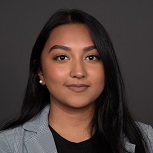 Afsana Rinky, M.P.H., is a Research Assistant for CHECK-UP where she supports project implementation, data collection and management, and CHECK-UP events. Within her role at CHECK-UP, Afsana manages multiple projects including the Resource Ready Study and supporting the Detroit Community Health Equity Alliance. Afsana is also a Research Assistant with the Office of Community Outreach and Engagement (KCI COE) at Karmanos Cancer Institute. Afsana received her Bachelor of Science in Public Health with a minor in Gender, Sexuality, and Women’s studies from Wayne State University and recieved a Master of Public Health degree from Wayne State University School of Medicine. Afsana also works with Hope Village Revitalization to help residents strategize and implement pathways to increasing nutritious food intake and better physical health.
Afsana Rinky, M.P.H., is a Research Assistant for CHECK-UP where she supports project implementation, data collection and management, and CHECK-UP events. Within her role at CHECK-UP, Afsana manages multiple projects including the Resource Ready Study and supporting the Detroit Community Health Equity Alliance. Afsana is also a Research Assistant with the Office of Community Outreach and Engagement (KCI COE) at Karmanos Cancer Institute. Afsana received her Bachelor of Science in Public Health with a minor in Gender, Sexuality, and Women’s studies from Wayne State University and recieved a Master of Public Health degree from Wayne State University School of Medicine. Afsana also works with Hope Village Revitalization to help residents strategize and implement pathways to increasing nutritious food intake and better physical health.
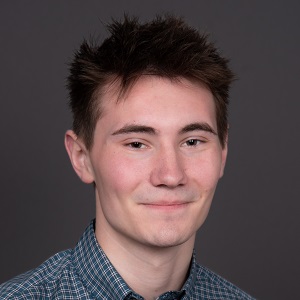 Zach Cichon, M.P.H., is a Research Assistant with CHECK-UP where he supports data collection and management and supports the Detroit Community Health Equity Alliance. Zach is also a Research Assistant with the Office of Community Outreach and Engagement at Karmanos Cancer Institute and Wayne State University School of Medicine (WSU SOM), Department of Oncology. Zach works closely with Cancer Action Councils (CACs) to help cancer survivors, caregivers, and community members build capacity and participate in research. He has recieved a Master of Public Health degree from Wayne State University School of Medicine with a concentration in population health analytics from Wayne State University. He is interested in identifying health disparities and addressing them through community level interventions.
Zach Cichon, M.P.H., is a Research Assistant with CHECK-UP where he supports data collection and management and supports the Detroit Community Health Equity Alliance. Zach is also a Research Assistant with the Office of Community Outreach and Engagement at Karmanos Cancer Institute and Wayne State University School of Medicine (WSU SOM), Department of Oncology. Zach works closely with Cancer Action Councils (CACs) to help cancer survivors, caregivers, and community members build capacity and participate in research. He has recieved a Master of Public Health degree from Wayne State University School of Medicine with a concentration in population health analytics from Wayne State University. He is interested in identifying health disparities and addressing them through community level interventions.